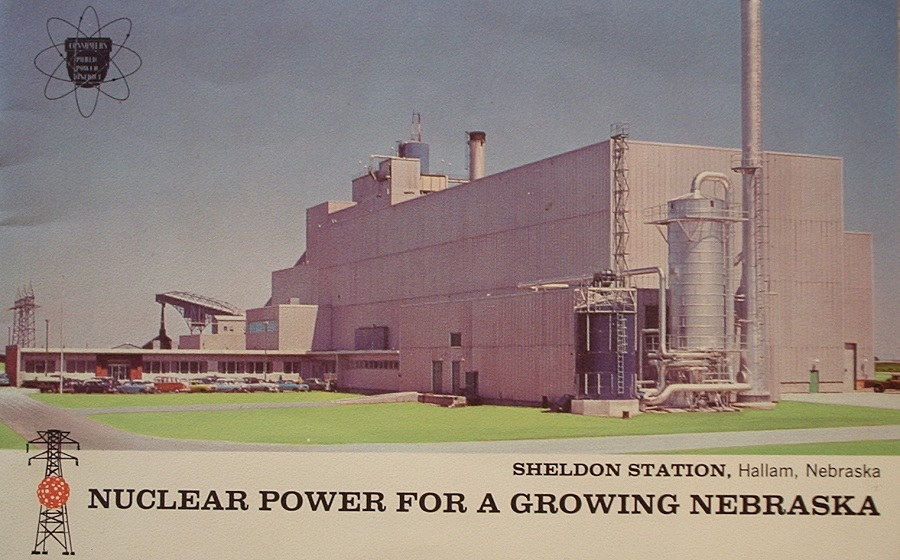ANS Annual Meeting: Special Session on Past and Present Critical Experiments
The ANS Nuclear Criticality Safety Division (NCSD) is sponsoring a special session at the upcoming American Nuclear Society Annual Meeting in Reno, Nev., June 15-19. The session is titled "Critical and Subcritical Experiments" and will commence the morning of Wednesday, June 18. This session will contribute to the long history and hundreds of technical papers related to critical-mass experiments that first began at Los Alamos National Laboratory (LANL) in the 1940s.



 The 202nd Nuclear Energy Blogger Carnival has been posted at Next Big Future. You can
The 202nd Nuclear Energy Blogger Carnival has been posted at Next Big Future. You can 
